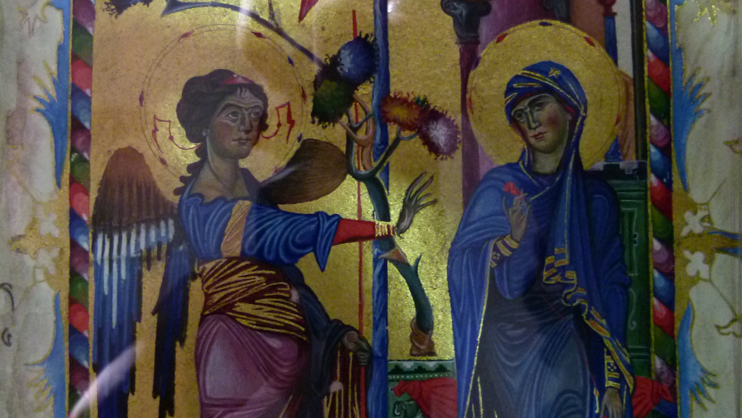
You can find more information on guest researchers in our project JenaCauc here
Kristian Roncero
June 2019 – May 2021
“An audio-visual documentation of Chamalal, a language of Dagestan (Russia)”, ELDP funded Individual Postdoctoral Fellowship project (IPF0289)
Kristian works on a language documentation project of the Nakh-Daghestanian (East Caucasian) language Chamalal. Chamalal is a language from the Andic subbranch, which is spoken only by a few thousand people. There are no precise figures of the number of speakers since the Chamalal people are often misclassified as ‘Avar’. The aim of this project is the creation of an audiovisual corpus of Chamalal and the culture surrounding it. The ELAR deposit of the project and more information can be found HERE External link
Nino Okrostsvaridze
August – November 2019
Nino Okrostsvaridze is an expert of Georgian Muslims. During her research stay in Jena she works on Turkish Georgians (Muhajirs) who migrated from Georgia to Turkey in the 1880s, and subsequently to Germany in the 1970s. She investigates their family mode of life in Turkey and in Germany, and issues of migration and ethnical identity.
Irakli Khvedelidze
October 2019 – September 2020
“Narrative strategies of the embodiment of conscience in modern Georgian novels”, founded by the Shota Rusataveli National Science Foundation of Georgia
Irkali works on the narrative strategy of the embodiment of the consciousness of characters in fiction. His research is based on the assumption that the consciousness of characters depicted in fiction functions like that of a real person. When studying the peculiarities of the characters’ conscience and narrative strategies of their embodiment Irakli applies methods and approaches from cognitive sciences and cognitive narratology. In his project, he studies the works of three contemporary Georgian writers: Aka Morchiladze, Zaza Burchuladze, and Zura Jishkariani. Aka Morchiladze and Zaza Burchuladze are considered to be the founders of post-modernist Georgian literature. Therefore, research on their works on the basis of new methods will make it possible to identify major trends in Georgian literary processes. Zura Jishkariani’s novel elaborates on the challenges of the digital era, creating a new horizon for the development of Georgian novels.